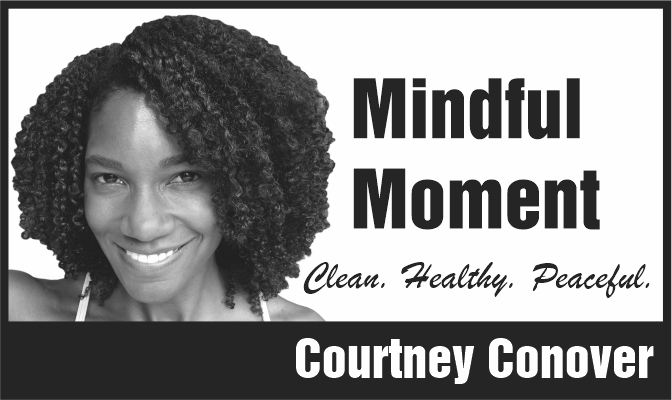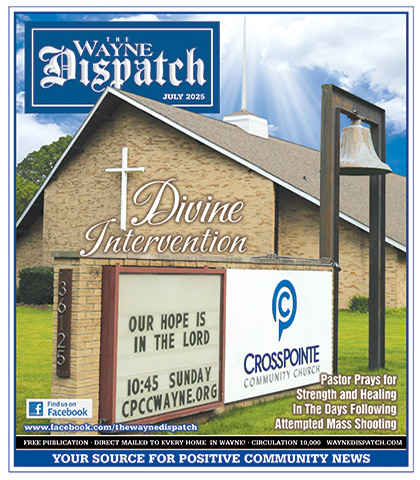When playtime feels like a chore
 It doesn’t matter if you’re a parent, grandparent, aunt, or uncle. Caregivers, babysitters, and older siblings aren’t necessarily immune, either.
It doesn’t matter if you’re a parent, grandparent, aunt, or uncle. Caregivers, babysitters, and older siblings aren’t necessarily immune, either.
No matter how much you love and cherish the little one(s) in your life, you may inwardly cringe when you hear that request: “Will you play with me.”
Now, to be clear, you love this child and strive to make his or her health and wellbeing your utmost priority. And it goes without saying that you genuinely care about this child’s happiness.
However.
There’s a garden variety of “stuff” that beckons: laundry, errands, lawn mowing, etc. You may also have work work to do—as in, your kitchen nook has been doubling as your office cubicle. Not to mention the fact that it might not be the best time to test your hamstring flexibility by getting down on the floor and diving into a sea of Legos. So, there’s that to consider.
You could literally create a Venn diagram to depict the things you could be doing as opposed to playing Polly Pocket or Paw Patrol. Again.
First comes aversion. Then, like clockwork, comes a serious case of the guilties: You should play…so why don’t you feel like it? According to Canadian parenting coach Sterna Suissa, there are a myriad of reasons, and those reasons have much to do with our own childhoods—and how those experiences have spilled over into adulthood. Here’s how:
One reason, she says, is that if no adult would be playful with us during our own childhood, that could lead to us perceiving play as childish—or a waste of time—for an adult to do.
Secondly, Suissa says, is that we must be present in order to be playful. But, that, of course, may be a bit of a challenge when we are contending with thoughts of what we have to get done in the future: Will I still have a job at the end of the month? or How are we going to afford in-home hospice care for Grandpa?
Another reason might be that playing was always the last thing we could do after all the “important” chores (i.e. homework, cleaning our room) were done. But as parents and caregivers, it’s this—times a million—because, now, we always have things to attend to: Finish that report for the boss, balance the checkbook, go grocery shopping—and then figure out what’s for dinner. It never ends. The result? Not feeling playful actually makes sense.
Fourth, Suissa explains that if we grew up in a home in which we couldn’t be playful because we were navigating ways to simply survive, it’s quite natural that play would feel uncomfortable to us. And if that was the case, our body might feel triggered by playfulness because our body is still trying to shield us from that discomfort.
Finally, perhaps none of the above applies, but your personality is such that playing just isn’t your jam. Playfulness, like many qualities—including its opposite, seriousness—exists on a spectrum.
So what are we supposed to do?
According to Suissa, we should start by knowing this: Playfulness is always in our core—and we do have the power to revive it.
For some of us, that means breaking intergenerational patterns. For others, it means simply recognizing why we feel the way we do—and giving ourselves a break about it.
Keep this in mind the next time you’re asked to play Hot Wheels or hair salon. Because those of us with experience know that the next time isn’t all that far away. The difference, however, is that now we can actively identify our feelings—in that moment—and proceed accordingly.
And, hopefully, we’ll have some fun and leave those guilty feelings behind.







